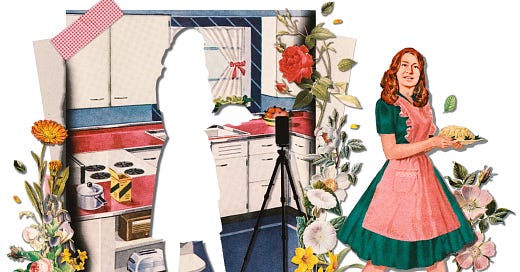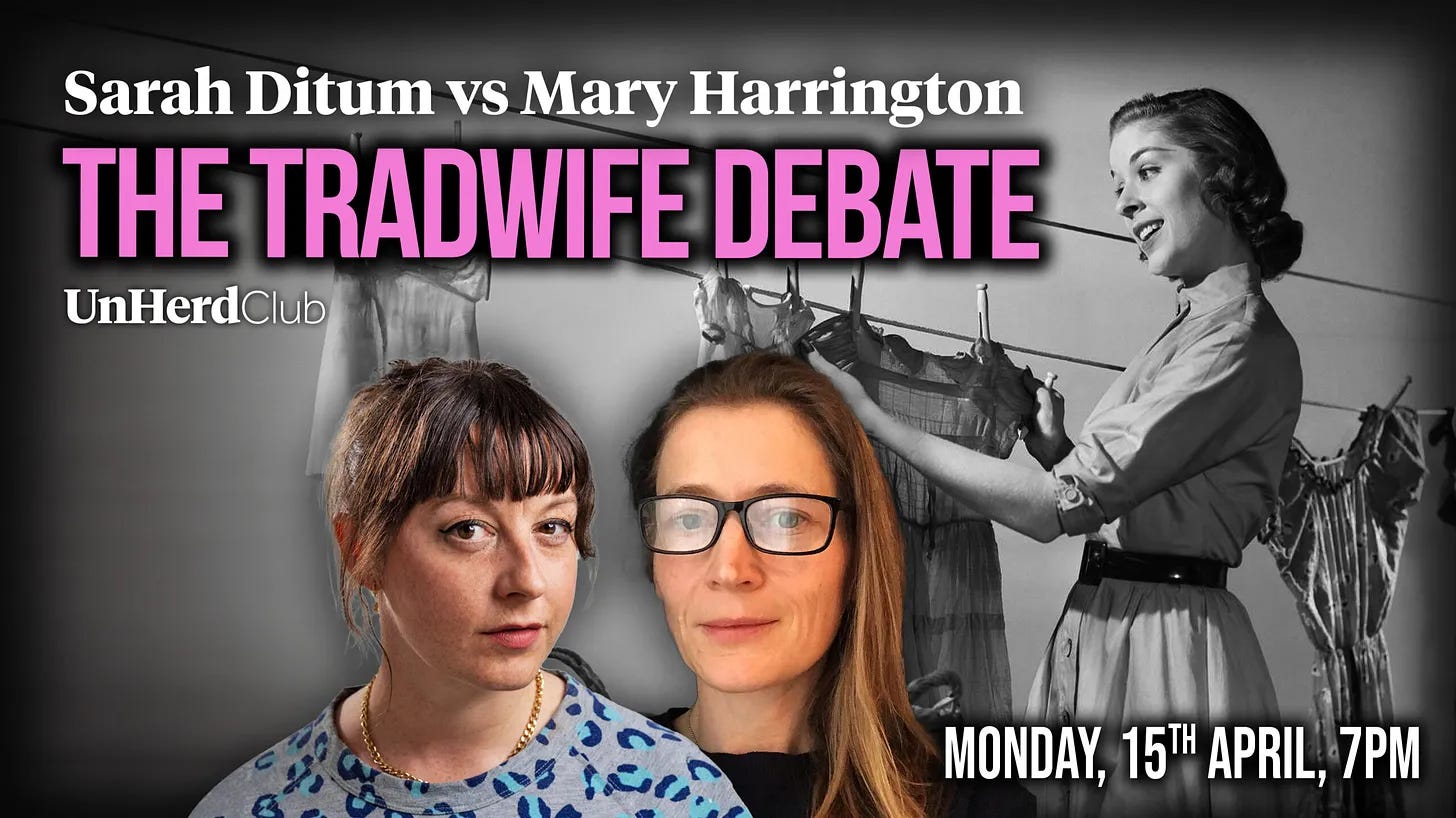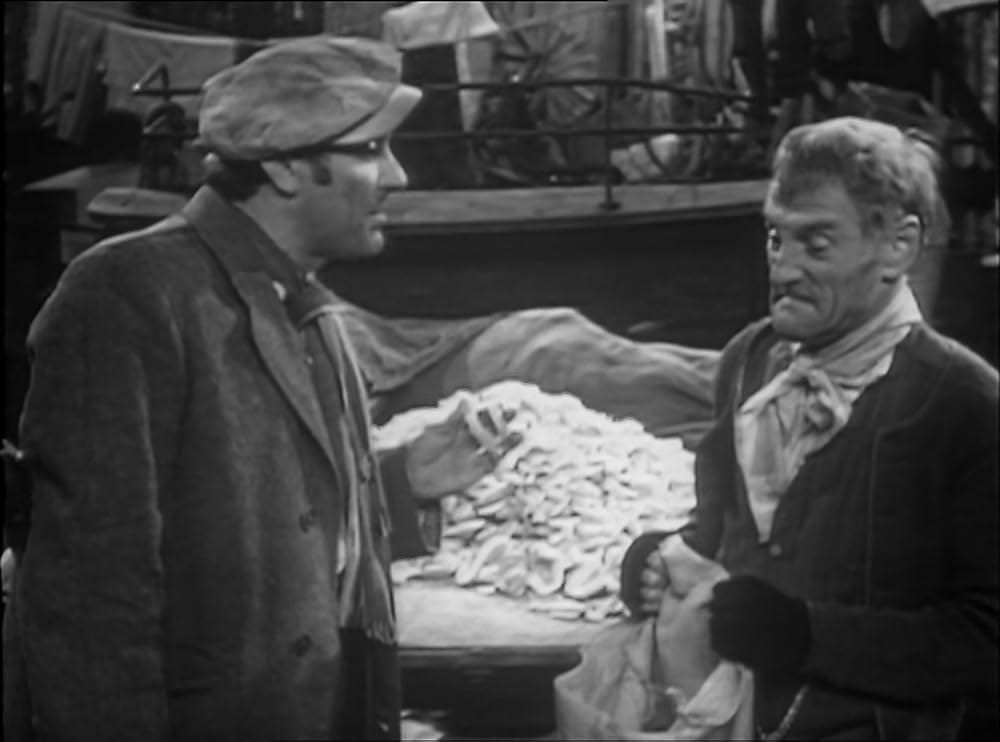Hello! I covered for Camilla Long on TV review duty this Sunday — This Town, the new thing from Peaky Blinders’ Steven Knight, is worth your time. And rather excitingly, I turned in a bit about just why Godzilla is so great. I enjoyed Godzilla x Kong (Paperboy from Atlanta being funny balanced out the sappy Mothra business for me), but what I’m really excited for is Godzilla Minus One (which I missed on its very short UK run) getting a proper home release over here.
I also popped onto BBC Radio Berkshire to talk about Amy biopic Back to Black, and why she’s such an enduringly compelling figure. Listen here from 36 minutes — I’m seeing the movie on Friday so expect my full take in next week’s Tox Report.
There’s still time to grab your ticket for my UnHerd event with Mary Harrington next Monday (per Godzilla and King Kong, I’m thinking of it as more of an “X” than a “Vs”). I’m looking forward to this, and hope I’ll see a few of you there.
Listened
The White Stripes, “Jolene”
My continuing dismay at the Beyoncé “Jolene” had one nice side effect: I spent a couple of days going through other cover versions, of which this one is I think the greatest. I saw the White Stripes on their first UK tour (at the Leadmill, supporting by the also-phenomenal Von Bondies).1 I liked them already by this point, but “Jolene” was a revelation — a demented howl of anguish that was really Jack White announcing that he was equal to anything in the history of music.
Watched
Steptoe and Son, “The Economist” (ITVX)
I had to watch a show that I found intensely disappointing for next week’s TV review, so I did what I quite often do after being let down by modern entertainment and turned to ITVX and Steptoe. It’s deceptively simple — two characters, three scenes, three acts. But if you get it right, that’s enough. I love how deftly Steptoe draws the generational tensions of the sixties, but also how specific it is about the individual dysfunction of this father-son relationship. (I also like how Galton and Simpson managed to refine the sitcom to its purest form almost straight out the gates: the infernal circling of the damned, trapped together, always resetting to the same situation.) Corbett and Bramble are perfect, of course, but my favourite joke in this episode is the visual of 4,000 sets of second hand false teeth and the hopeful newspaper ad Harold subsequently places: “TEETH! TEETH! TEETH!”
Read
Sophie Elmhirst, “The Rise and Fall of the Trad Wife” (New Yorker)
I’m very obsessed with tradwives — an obsession that goes back to before the current TikTok iteration, all the way to the mid-noughties when I was hanging around on knitting forums and first encountered a “lively discourse” (as they say) about what I remember one blogger around 2007 calling the “domestic in drag”. It was something I found especially compelling at the time because I’d just had my second baby, and the academic career I’d thought was my future had abruptly crumbled to dust (big shout out to the supervisor who stopped supervising me as soon as I informed him I was pregnant).
Looking back at myself, I was trying to be a “good mother” at the same time as being extremely frightened that motherhood was turning into a kind of trap. I wanted status, and I was terrified that the only field of endeavour now open to me was one considered inherently low-status. So I was attracted to the women bloggers who were then making domesticity aspirational, but I was also drawn to the kind of analyses that could put that domesticity in its place.2
On the more intellectual end of the discourse, there was a fixation on whether the women performing domesticity professionally (including Nigella Lawson at the time) were bringing an appropriate level of camp to proceedings — and this, I think now, was a kind of class refinement, because it was sorting women by a standard of tertiary educated sophistication. (Is your cooking Butlerian enough? Thought not, you vulgar cow.) All of which is by-the-by to this excellent New Yorker article, and yet I find it fascinating those spats and tensions which seemed so important to me 18 years ago still echo through women’s public-private lives.
Gimme, gimme more…
Related to the above: Janice Turner on the distinctly grueling turn of a lot of contemporary writing about motherhood. “The Guardian’s parenting columnist, Rhiannon Lucy Cosslett, writes about new motherhood as if she’s an inmate in Abu Ghraib — little but mental health crises, tears, tedium, arrogant fellow parents, ‘mum-shaming’, dire maternity care and sleepless gloom. Where is the beauty, tenderness and especially the humour? The best thing about kids is they are bloody hilarious.”
In no way should it be surprising that big food has parked its big tanks on the lawn of body positivity. If anything, the question is what took them so long?
The Cass Report is here and it sounds tough. “Children who believe they are transgender may actually have mental health issues” should not come as a surprise to anyone at this point, but it’s going to be very hard reading for people who’ve invested a lot of their capital in the idea of child transition.
I’m recommending Helen’s new podcast about private social media (Helen Lewis Has Left the Chat) partly because it has a fantastic interview with Dominic Cummings about how WhatsApp brought down three PMs in a row, but also because she doesn’t give away any of my own horrible WhatsApp group name secrets.
It was 17 November 2001 and I was visibly pregnant with my first baby — I remember wearing my White Stripes shirt from this gig over the following months with a pair of hipster jeans that gradually started to dig into my expanding abdomen.
This was my big wrap dress era, which I’m glad is behind me. I still have the White Stripes T-shirt somewhere. I do not have any of the wrap dresses.







I remember that knitting blog spat! And to think that now we've moved on to fight for our right to knit accidental swastikas
Interesting as always, thank you, Sarah! Reading the trad wives article you link to, and the mention of the 1950s being a supposed golden age for trad wives, reminds me of the letter I found when I cleared my late parents’ home a couple of years ago. My mum wrote to my dad in 1954, wondering whether they should break off their engagement. She laid out all the doubts she had about the kind of wife she was expected to become. Would they be able to eventually afford any domestic appliances? Would she be able to cook, with the help of Mrs Beaton’s Guide to Household Management? She never did fit the mould and the letter was a kind of portent of what was to come, though they had such a long marriage. I was touched to find he’d kept the letter.
Thank goodness times have moved on, though the pressure now is to be able to do everything well.